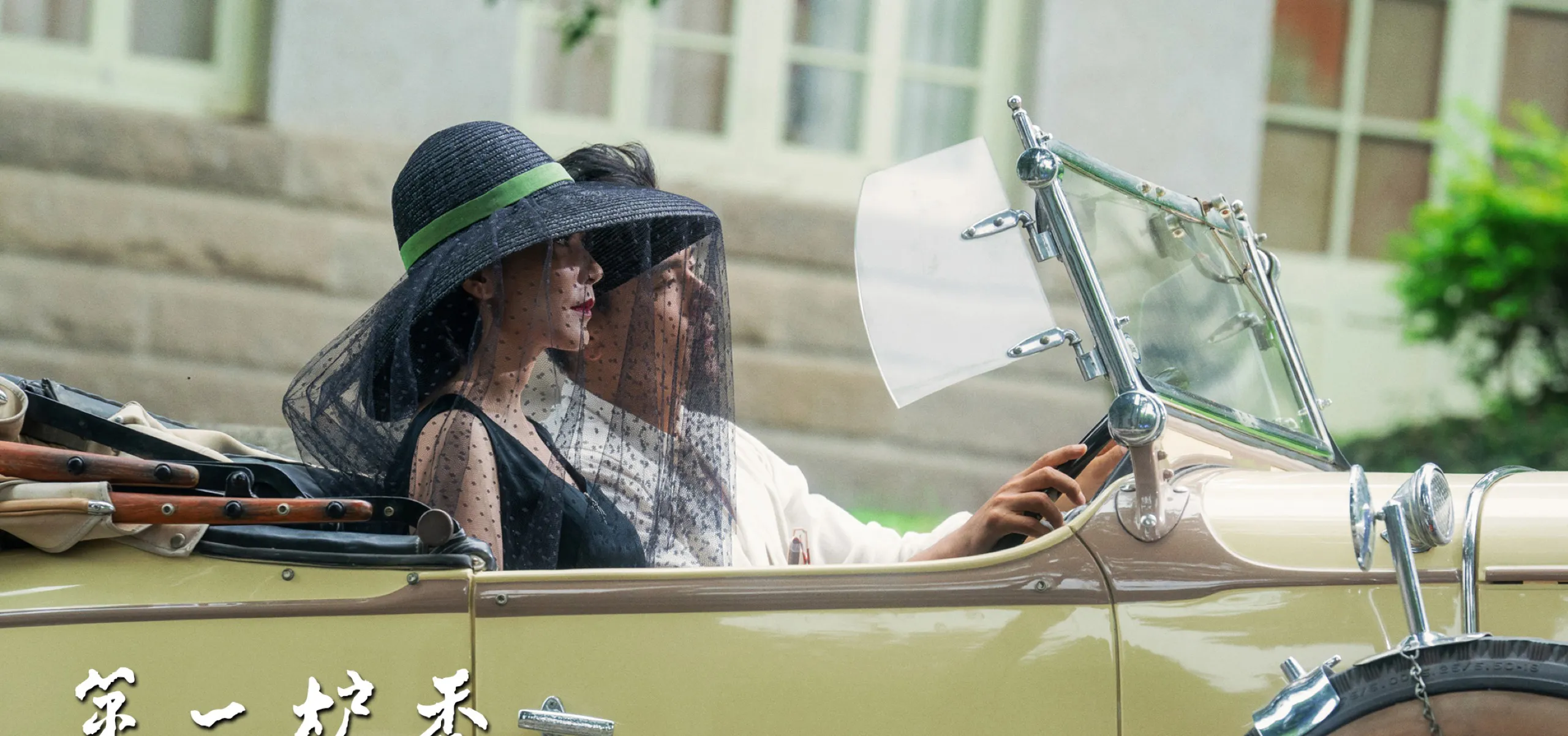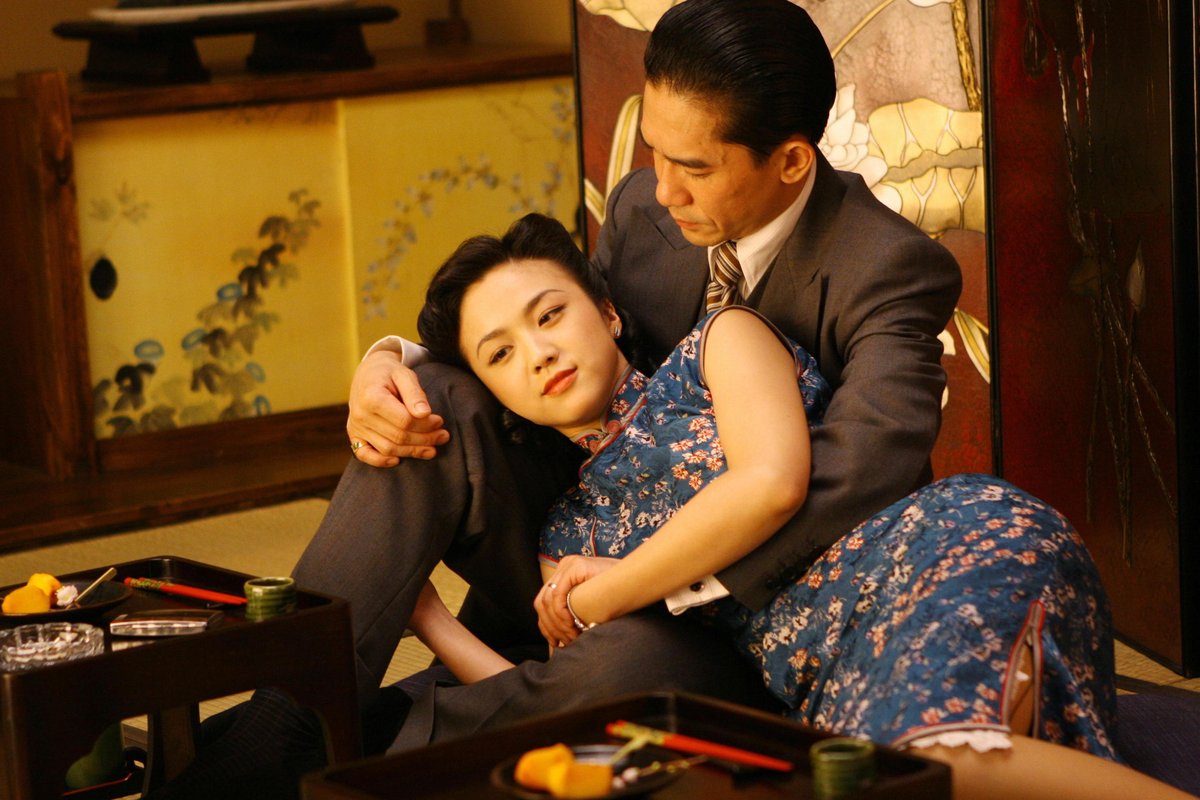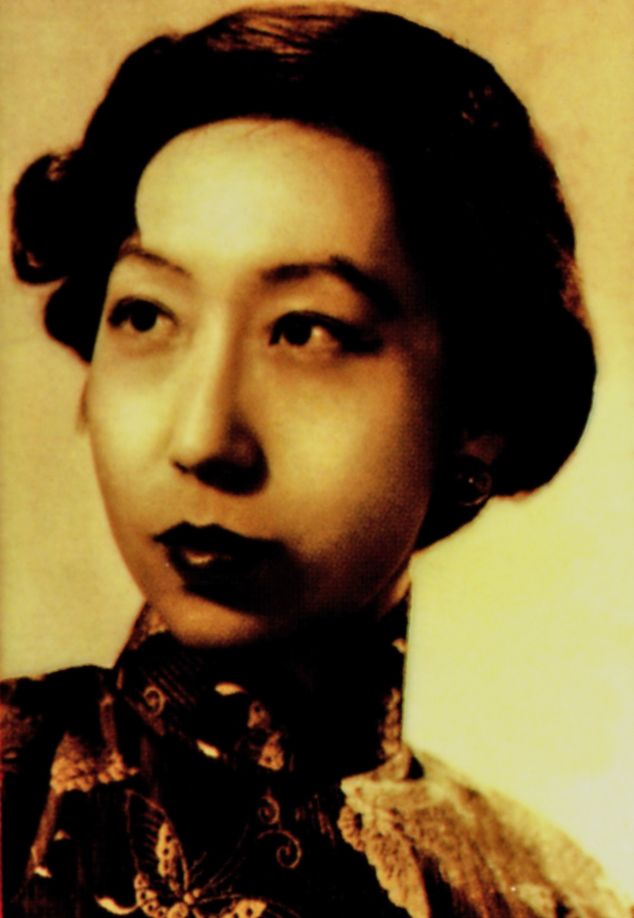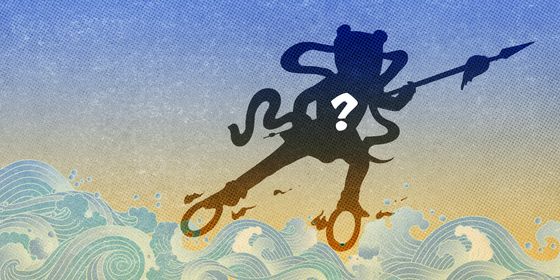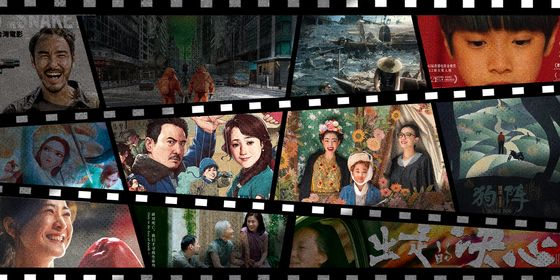Why is it so hard to adapt the works of novelist Eileen Chang?
“Seriously! Eddie Peng looks like someone who can deliver five tons of coal and give you personal training after that. When they were flirting, you felt like he was trying to sell his training sessions to Ma Sichun.”
This is one of the most up-voted comments on movie rating platform Douban ridiculing Love After Love, the latest adaptation of the work of writer Eileen Chang (Zhang Ailing) to fail to impress either critics or audiences.
With previous experience of adapting three of Chang’s works, a Lifetime Achievement Award at the 2020 Venice Film Festival under her belt, and a star-studded cast (such as Golden Horse winner Ma Sichun, Faye Yu of Joy Luck Club, and prolific actor Eddie Peng), it’s hard to tell why director Ann Hui’s film bombed at the box office with only 28.5 million RMB in the first five days of screening and an abysmal score of 5.5 out of 10 points on Douban.
But negative reviews for adaptations of Chang’s work aren’t rare—indeed, since the 1980s, they have been the rule. Even Ang Lee, the sole successful adapter, who won the Venice Film Festival’s Golden Lion Award for Lust, Caution in 2007, once told journalists that “adapting Eileen Chang’s novel is arduous but thankless, because you don’t know how many experts of Chang are sharpening their knives.”
As with most books adapted to the screen, some fans of the original work will be inevitably disappointed with the result. But the nature of Chang’s work presents a special challenge for Chinese directors due to the dense nature of her themes and style—not to mention generations of readers who have developed their own interpretations of Chang over many decades, and are ready to pounce on any perceived deviations.
Hui was previously criticized for her adaptation of Chang’s novella “Love in A Fallen City” in 1984, and expressed dissatisfaction with her own work, saying she “thought she should make the film romantic” and “didn’t capture the Westernized and ironic spirit of the novel, instead of [making] a sentimental tragedy.”
Many of these criticisms were echoed after the release of Love After Love, which received a sharp ribbing on almost all metrics—bad acting, superficial interpretation, and changes to the characters and storyline.
For example, while the novelist presented the morally-corrupt socialite George as an effeminate dandy, Peng’s portrayal showed off a lot of his famously muscular body. Ma, who plays the female lead, the ambitious Ge Weilong, was criticized by Douban reviewers for acting like a romance heroine rather than the morally ambiguous young woman in the novel who relishes her aunt’s high society lifestyle and is accepting of its corrupt nature.
Hui repeats her earlier mistake by focusing only on the romantic parts, a fact confirmed by the director herself. According to Chinese media outlet Southern Weekend, when Hui found screenwriter Wang Anyi (herself a well-known novelist) to write the screenplay, she told Wang, “I only want to shoot a romance film. I’ve reached this age, but I’ve never been truly in love. You need to let me feel romance at least once.” This is a trap that many directors adapting Chang fall into, neglecting the sharp social critiques that gave her work depth.
Although romance is an important element in Chang’s writing, it’s not everything. Chang’s body of work can be neatly summed up by a phrase she penned in an essay when she was 18: “Life is a beautiful gown that is crawled all over by fleas.” Born in 1920 in Shanghai, Chang grew up in a high-class but unhappy home, and emigrated to Hong Kong, then the US, in the 1950s. This upbringing likely gave rise to her flair for depicting the bleak and filthy souls concealed beneath opulent settings.
This can be seen right from her debut back in 1943 with the novella “Aloeswood Incense: The First Brazier,” the source material of Love After Love. The plot is classic Chang: Ge Weilong, a poor student who studies in the British colony of Hong Kong is adopted by her rich but infamously promiscuous aunt, Madam Liang, living the glamorous life of a socialite, but ending up being prostituted by the older woman as bait for rich men.
Although Madam Liang’s white mansion is elegantly described as a neat piece of modernity amid the wilds in the mountains above Hong Kong, it becomes a “tomb,” holding the dying embers of a corrupt and tyrannical power structure.
Literary scholars have long appreciated the seam of social critique in Chang’s work. Xu Zidong, vice-president of the Chinese Society of Literary Theory and author of a book of literary criticism on Chang, said in September 2020 that “one of the confusing things about Eileen Chang is that her novels are packaged in the guise of [romance novelist] Chiung Yao, but there are elements of [left-wing political writer] Lu Xun inside.”
In an article from 1999 analysing Chang’s characters, Chinese writer Liang Hong argued Chang used them in her novels to expose the decline of the “old-fashioned feudal family,” the conflicts between them stemming from the fallout of an age where ancient and modern ideas clashed together: “Eileen Chang uses artistic images to deconstruct the corruption at the heart of the feudal family, revealing how the ancient and long-lasting lifeblood of the family is falling apart.”
Lots of Chang’s stories are set in these kind of family structures—Madame Liang, for example, used to be a concubine in a wealthy family. Another is Cao Qiqiao in “The Golden Cangue,” a short story from 1943, who is a lower-class girl forced to marry a bedridden man from an aristocratic family. Cao is tormented by the family both mentally and physically, and goes on to destroy her son and daughter’s marriages when she becomes the head of the family.
Adaptations of “The Golden Cangue” have also tended to overlook its feudal elements, so prominent as to be written in the title: Cangues were used to hold prisoners in ancient China, symbolizing how the female figure suffered from feudalism disguised as privilege. In 2002, the story was turned into a TV series by Mu Deyuan, who simplified the story into a love affair between Cao and her husband’s brother.
Hui and Wang also turned the story into a stage play in 2009, but reviewers on Douban critcized the production for changing the plot and strengthening the romance line. The playwright, Wang, defended her rewriting of the story to the media, “I can’t write a character like Cao Qiqiao. Only [Chang] can write so ruthlessly.”
Directors have tended to highlight the love stories more than the “fleas” in Chang’s novels, possibly due to audience preconceptions of what an Eileen Chang work is about. Quotes from her works frequently appear on Weibo, with users mainly opting for phrases describing transcendental love—one filled with people waiting for their destined other half, or expounding the difficulties of a complicated relationship, rather than her bleaker observations of humanity.
Chang’s novels are difficult to adapt because of her unique writing style, known for its dense imagery and subtle metaphors, difficult to visualize on stage or screen. As Chinese playwright Zhu Tianwen once said, “It’s a delusion and a trap for someone trying to adapt Chang’s novels. Think about it, one tells stories with words, and the other tells stories with images. Who could resist her words?”
There is also danger to highlighting the “fleas.” In 2007, Oscar-winning director Ang Lee brought Chang’s novella “Lust, Caution” to success both at the ticket office and among critics. Taiwan commentator Lan Zuwei believed the movie “very loyal” and “very wonderfully presented the original novel’s spirit,” with Lee depicting the brutal romance between a student agent and a high-ranking official in the Japanese puppet government in Nanjing during World War II in all its cruelty and moral ambiguity.
However, an article published by the China Writers Association criticized Lee for adapting one of “the worst” of Chang’s works. “The film Lust, Caution shows a world without love,” the article said. “Here, almost everything that is holy and solemn, such as loyalty, bravery, and the spirit of sacrifice, is buried in the rotten pond of carnal desires.”
Soon after the film was released on the Chinese mainland, an internal memo from the State Administration of Radio, Film, and Television ordered all advertisements featuring the movie’s female lead Tang Wei removed from television, though it gave no reason for the decision. Reuters reported that all award shows on the Chinese mainland were advised to exclude Tang and the film’s producers from their ceremonies, and speculated it may have to do with the movie’s violence and graphic sexual content.
Chang herself is no stranger to backlash. Although popular in the Republic of China, her work disappeared from the Chinese mainland for political reasons after she left for Hong Kong, and became a US citizen in 1960. Chang was reintroduced to the Chinese mainland in the 1980s when “Love in A Fallen City” was published in the renowned literature magazine Novel Harvest.
Chang became a hit again, but was also controversial for both her personal life and work, criticized by some scholars and readers as “petty bourgeois” for her writing style. Playwright and translator Yang Jiang decried her novels as “good writing skills with inferior spirits and sex-starved women,” while Mao Dun Prize-winning author Wang Meng stated Chang is “incapable of satisfying readers who want artistic vision or who want to focus on life’s deeper pursuits.” Certainly, adaptations like Love After Love can only cement such a reputation.





